amateur radio
debian
free open source software
ham radio
mobian
mobile phone
open source operating system
portable
AmateurRadio, APRS, debian, EmComm, fldigi, hackrf, hamradio, LimeSDR, LinuxMobile, lora, meshnetworking, meshtastic, Mobian, MobianProject, opensource, POTA, RTLSDR, sdr, SoftwareDefinedRadio, sota, WSJTX, Xastir
9M2PJU
0 Comments
Mobian: Bringing Debian to Mobile Devices and Its Benefits for Amateur Radio
In the ever-evolving world of open-source software, the Mobian project has emerged as a game-changer, bringing the power and flexibility of Debian to mobile devices. For amateur radio enthusiasts, this development presents a unique opportunity to integrate robust Linux-based tools into portable, mobile-friendly setups. In this blog post, we will explore Mobian, its installation process, and how it can enhance amateur radio operations.
What is Mobian?
Mobian is a project that aims to bring Debian to mobile devices while minimizing its specific customizations by upstreaming changes to the original Debian project. The project is maintained by two teams:
- The Mobian Team – Responsible for maintaining downstream packages and handling image generation and distribution.
- The DebianOnMobile Team – Maintains packages that are already part of the Debian archive.
With Mobian, users can install a full Debian-based Linux operating system on their mobile devices, enabling them to use traditional Linux tools on the go. More information about Mobian can be found on the official website: Mobian Project.
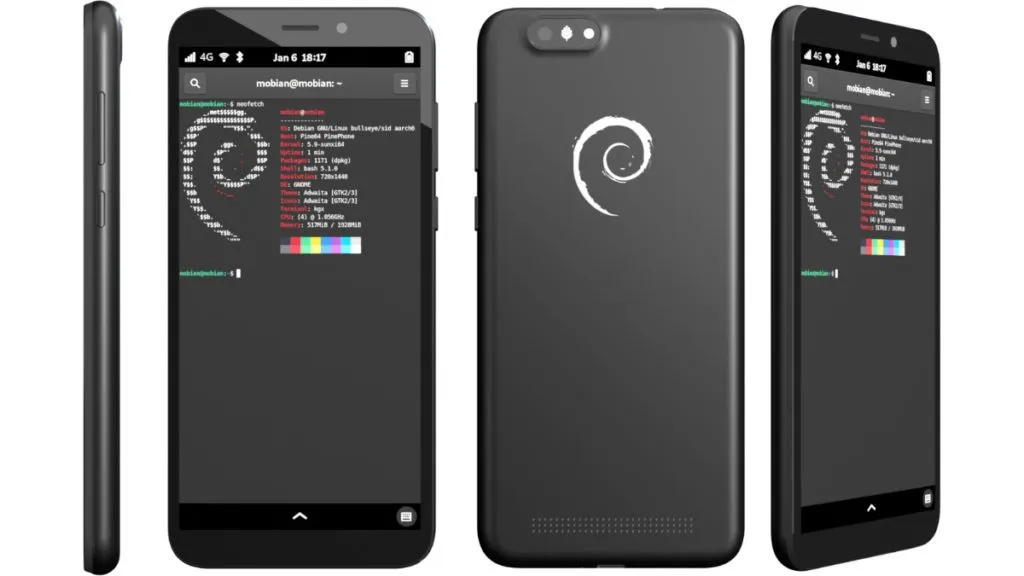
Installing Mobian
Mobian supports various mobile devices, with installation instructions available on the official Mobian Supported Devices page. Users can either:
- Build Mobian images locally following the mobian-recipes documentation.
- Download official Mobian images from Mobian Project.
For security-conscious users, Mobian images come with signature verification options to ensure integrity.
Why Mobian is Ideal for Amateur Radio Operators
Amateur radio operators are always on the lookout for efficient and flexible solutions to enhance their portable radio communication setups. Here are some key reasons why Mobian is a great fit:
1. Full Linux Environment on Mobile Devices
With Mobian, radio enthusiasts can leverage the power of Debian’s vast repository of open-source tools, including:
- Xastir – An APRS (Automatic Packet Reporting System) client.
- Fldigi – A software modem for digital modes like PSK31, RTTY, and more.
- WSJT-X – For weak-signal communication using modes like FT8 and WSPR.
- GNU Radio – For SDR (Software-Defined Radio) applications.
2. Software-Defined Radio (SDR) Integration
Mobian enables seamless integration with SDR tools like RTL-SDR, HackRF, and LimeSDR, allowing hams to experiment with digital signal processing, spectrum monitoring, and remote radio control directly from their mobile devices.
3. Portable APRS and GPS Tracking
Using Mobian on a mobile device equipped with GPS, operators can:
- Run APRS software to report their location over RF or the internet.
- Use GPS-based logging software for SOTA (Summits on the Air) and POTA (Parks on the Air) activities.
- Track other amateur radio stations using APRS maps.
4. Customizable and Open-Source
Unlike proprietary mobile operating systems, Mobian provides full control over software, privacy, and system configurations. Hams can customize their setups for:
- Emergency communication (EmComm) applications.
- Mesh networking using protocols like AREDN and Meshtastic.
- Remote transceiver control via SSH or web-based interfaces.
5. Secure and Privacy-Focused
Many amateur radio operators value privacy. Mobian, being Debian-based, prioritizes security and transparency, making it a great alternative to proprietary mobile OS platforms that collect user data.
Expanding the Possibilities with Mobian
Beyond amateur radio applications, Mobian serves as a versatile mobile platform for general-purpose computing, hacking, and privacy-focused mobile usage. Some additional possibilities include:
- Running packet radio applications for digital communications.
- Using VoIP and SIP clients for secure voice communications.
- Experimenting with LoRa and Meshtastic networks for long-range data exchange.
- Implementing automation and remote control via MQTT and other IoT protocols.
Mobian users can keep up with the latest developments, features, and community discussions by following the Mobian Blog.
Challenges and Considerations
While Mobian is an excellent project for amateur radio, users should be aware of some challenges:
- Limited device support – Not all smartphones can run Mobian, so users must check compatibility.
- Battery life – Running a full Linux system on mobile hardware may drain batteries faster than optimized mobile OSes.
- Hardware access – Some mobile hardware components may not have full driver support.
Mobian represents a powerful shift in mobile computing, bringing the flexibility of Debian to handheld devices. For amateur radio enthusiasts, this opens up exciting possibilities for portable APRS stations, SDR experimentation, and on-the-go digital communication. With continued development and community support, Mobian has the potential to become a staple in the amateur radio toolkit.
For those interested in trying Mobian, visit the Mobian Wiki and join discussions on Matrix, IRC, or Telegram to connect with fellow users and developers.
Are you using Mobian for amateur radio? Share your experiences in the comments below!
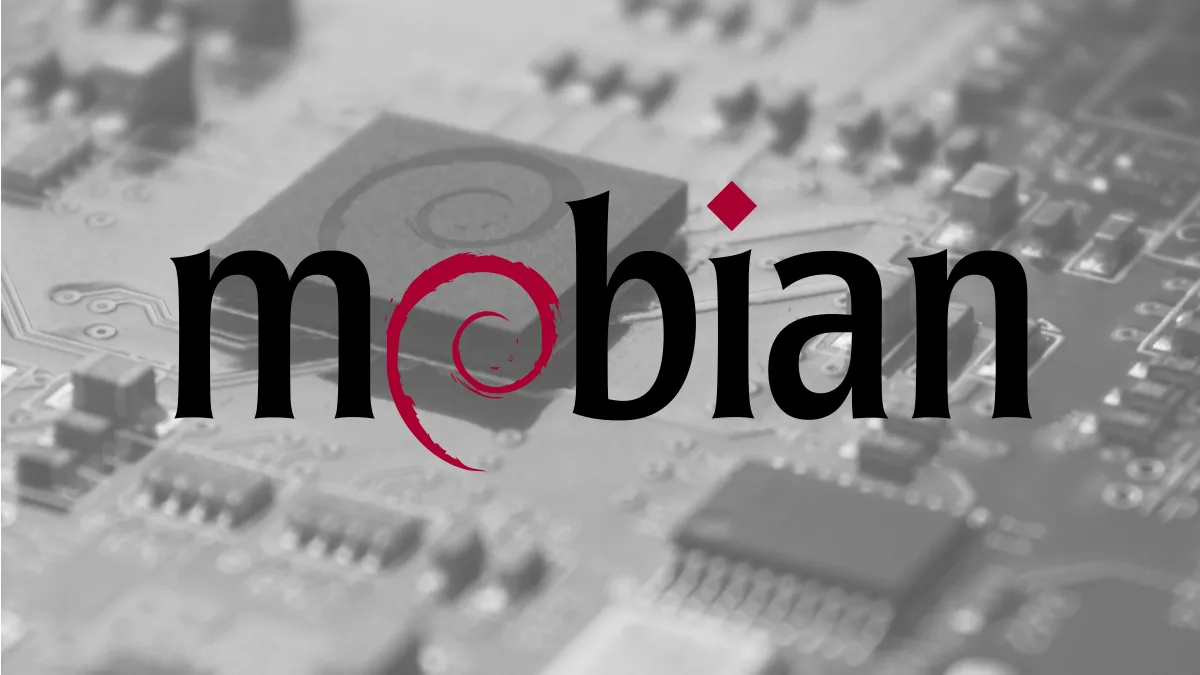
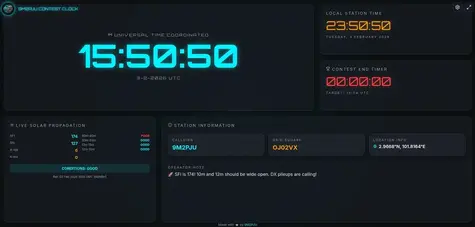
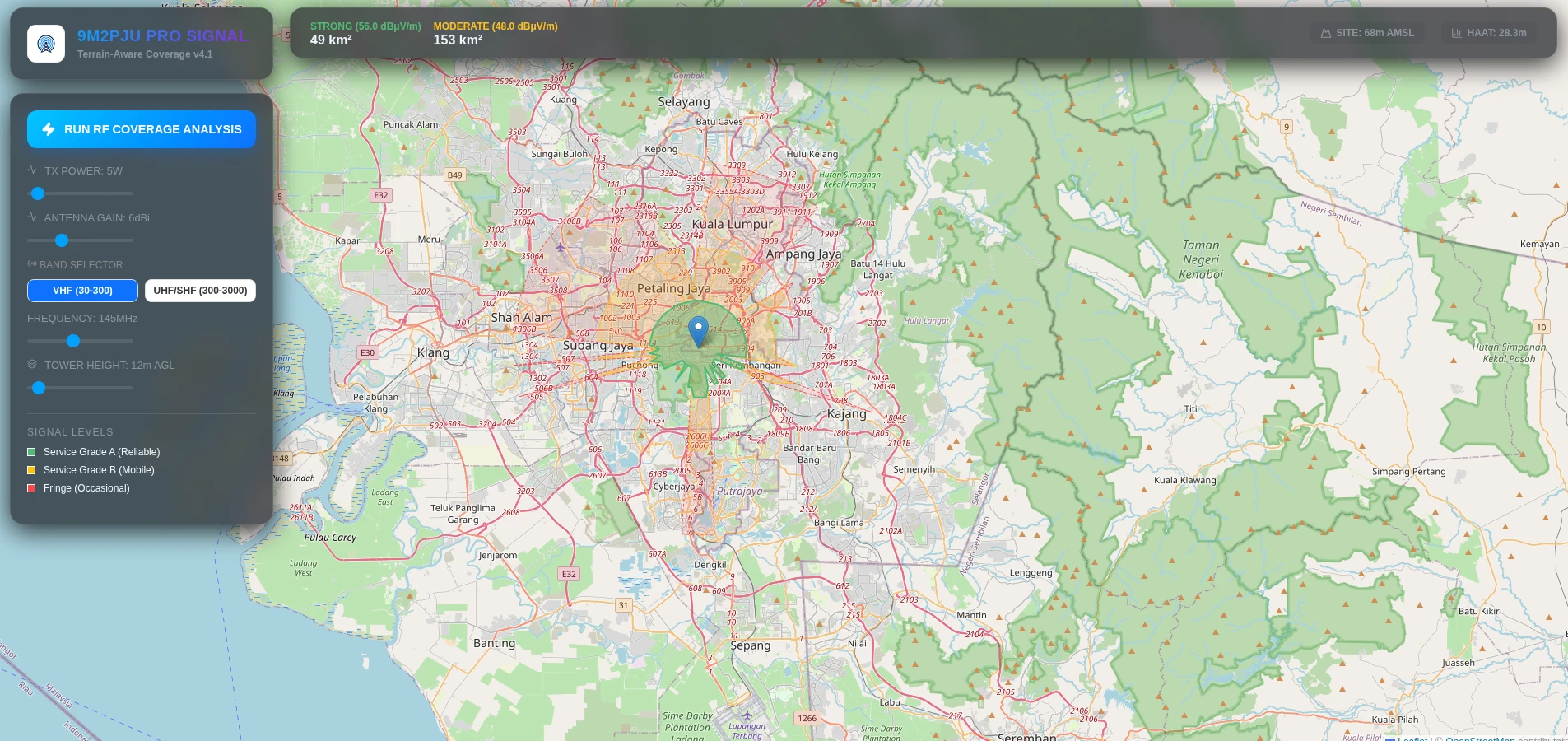
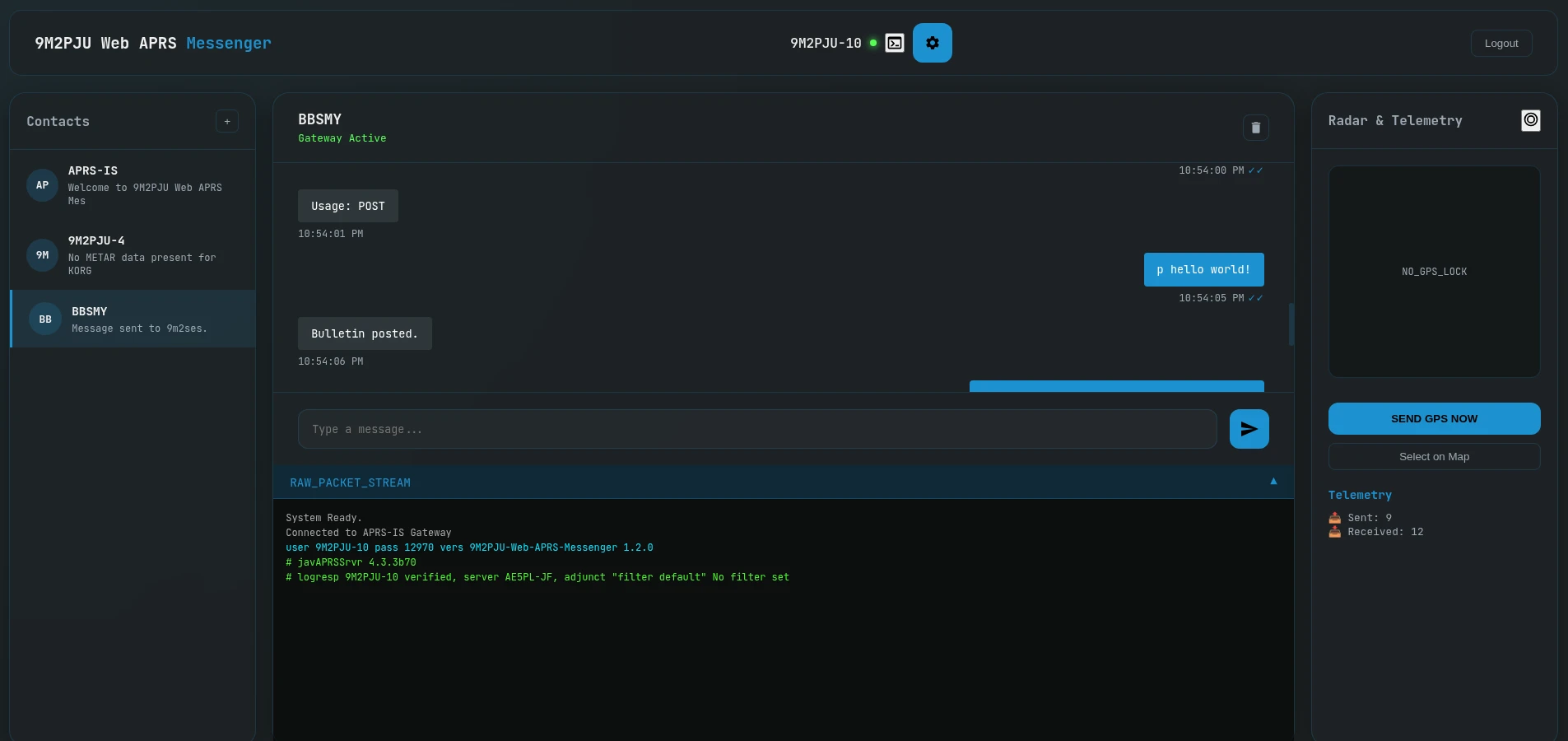



Post Comment